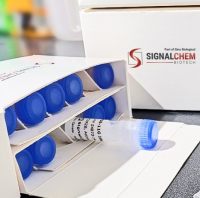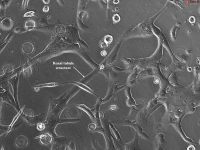Methods for Studying Prion Protein (PrP) Metabolism and the Formation of Protease-Resistant PrP in Cell Culture and Cell-Free Systems
互联网
互联网
相关产品推荐

Hemagglutinin/HA重组蛋白|Recombinant H1N1 (A/California/04/2009) HA-specific B cell probe (His Tag)
¥2570

Recombinant-Serinethreonine-protein-kinase-flr-4flr-4Serine/threonine-protein kinase flr-4 EC= 2.7.11.1 Alternative name(s): Fluoride-resistant protein 4
¥13846

PRP19/PRPF19重组蛋白|PRPF19 Protein
¥2180

Recombinant Human PRNP / Prion Protein (Fc Tag) | 重组人 PRNP / Prion 蛋白 (Fc标签)
¥4520

3D Renal Tubule Formation Kit
$921
相关问答

